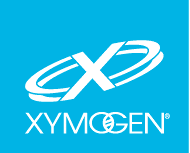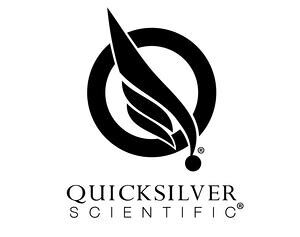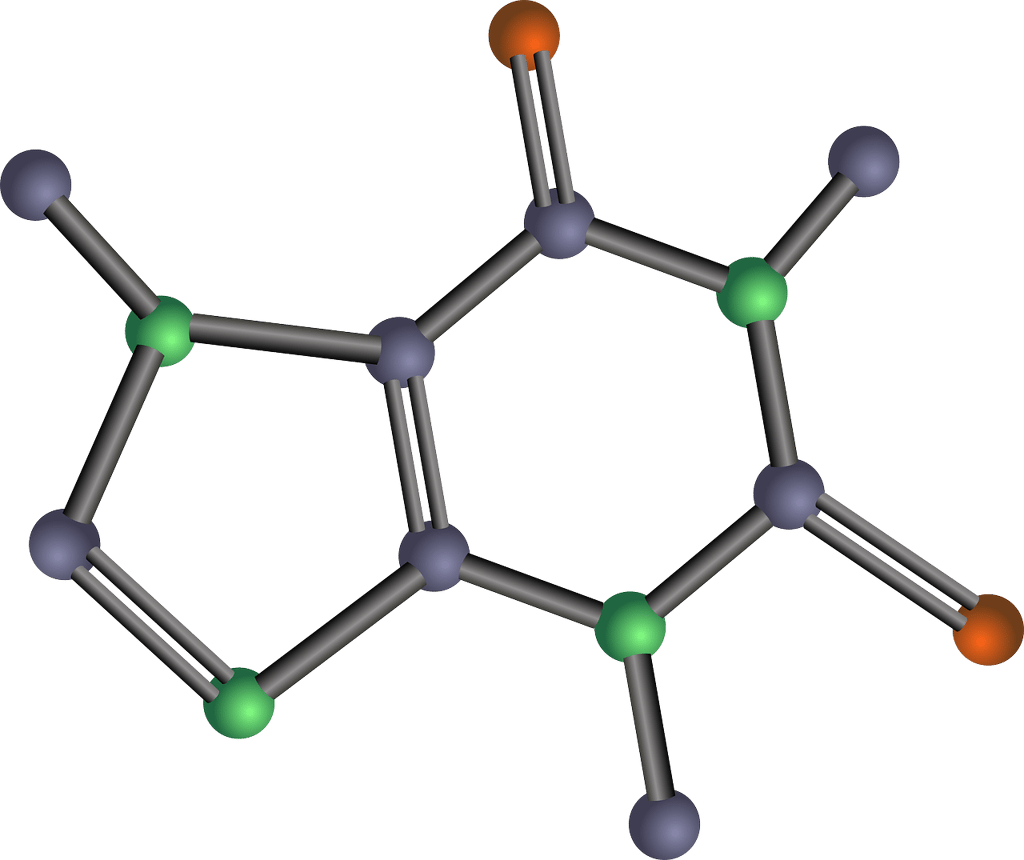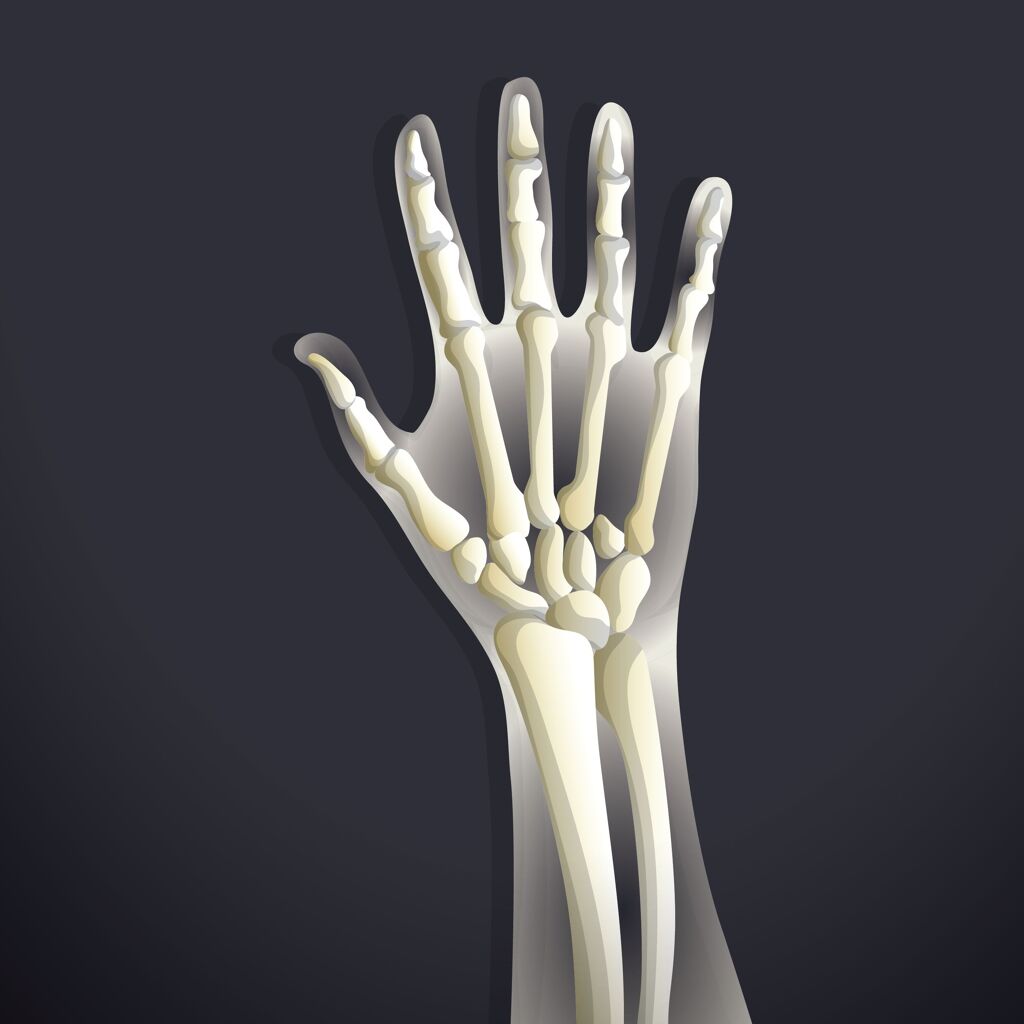New!!! A Novel Therapy Called Dihexa Shows Promise In Alzheimer’s Disease Patients

Alzheimer’s Is Difficult To Treat Because So Much Damage Is Being Done To The Brain, But What If There Was Something?
In this Article, you will Learn:
- Promising research about this natural peptide, Dihexa, for the treatment of Alzheimer’s Disease
- How Dihexa helps with neuronal signaling, which is important as this fails in Alzheimer’s Disease
- Ways in which Dihexa helps your brain grow new nerve cells (neurons)
- How Dihexa can improve brain function even in healthy people, so it can be used to improve memory even if you do not have dementia
Are you suffering from some form of dementia or Alzheimer’s disease? Are you starting to show signs of cognitive impairment? Then meet a peptide that can help! It’s called Dihexa. Like other peptides, it can provide a novel remedy to health issues. Dihexa is especially great for cognitive improvement. Please read on for the details!
If you are struggling with dementia or some sort of cognitive decline, our medical practice specializes in finding the root causes of complicated chronic illnesses such as these. Call us for a free consult to see if our practice is right for you! 720-722-1143
To Read About Blog Topic, Scroll Down
Want To Work With Our Clinic?
Do you have a chronic or mystery illness that no one has been able to help you with? Are you simply wanting to re-connect with a healthier version of yourself? It’s Time To Finally Feel Better!
We have recently written many blogs about peptides. To recap, a peptide is a small protein, made up of a chain of amino acids. They can be used therapeutically to help with different health conditions. Click on the links to see our articles on peptide therapy, HGH, CJC 1295/Ipamorelin, BPC 157, PT 141, Ta1, VIP, Thymosin Beta 4, KPV, Trio, SS-31, and Selank.
Cognitive Impairment & Alzheimer’s Disease (AD)
Alzheimer’s disease (AD) is a neurodegenerative disease involving cognitive decline. Sufferers lose their memory, ability to think clearly and typically become unable to function in day-to-day life. It is progressive and often develops into complete cognitive impairment.
It is becoming more frequent as life expectancy increases. In 2021, 6.2 million Americans age 65 and older are living with Alzheimer’s and/or dementia (Alzheimer’s Association, 2021). There are over 50 million people worldwide living with dementia in 2020. This number will almost double every 20 years, reaching 82 million in 2030 (Alzheimer’s Disease International, 2020).
Treatment of AD can be challenging. There are a number of approaches to take, which depends on the root cause or causes. Conventional medicine does not have a reliable protocol or medication at this point in time. Fortunately, we have functional medicine!
Our functional medicine clinic is extremely well-versed in addressing and treating Alzheimer’s. While there are numerous approaches to take for Alzheimer’s, this article will focus solely on the peptide Dihexa. However other approaches that we use in clinic are to address potential root causes like insulin resistance, chronic underlying viral infections, toxicity (from mold, metals, Lyme or other), vascular issues, inflammation in the brain, mitochondrial issues, genetics, poor diet and others.
In AD and dementia, a change in brain structure and function happens. This involves synapses, which enable a neuron (or nerve cell) to pass an electrical or chemical signal to another neuron in the brain. Nerve communication and connectivity via synapses is important for learning and memory. This triggers the synaptic neuron to release neurotransmitters or chemical messages. Examples of neurotransmitters are noradrenaline, dopamine, GABA, serotonin and others.
Alzheimer’s disease is a combination of diminished synaptic connectivity among neurons and neuronal death in various parts of the brain (McCoy AT, 2013).
BDNF (Brain-derived neurotropic factor) is also a factor in AD. It is a protein in the brain, active in the connections between nerve cells (synapses), where cell-to-cell communication occurs. BDNF helps regulate synaptic plasticity, which is important for learning and memory. Autopsies of Alzheimer’s patients have found lower levels of BDNF in the brain (McCoy AT, 2013).
What is Dihexa?
Dihexa is a peptide. Dihexa has anti-dementia activity and can strongly improve cognitive function in animals with mental impairment similar to Alzheimer’s disease (McCoy AT, 2013). It has been shown to repair brain damage and build new neural connections in rats (McCoy AT, 2013). This ability to help form new functioning synaptic connections can increase memory consolidation (Wright JW, 2015).
What does the Research Say?
Dihexa has therapeutic potential as a treatment for cognitive disorders in which synaptic connectivity becomes impaired (McCoy AT, 2013). It can facilitate memory consolidation and retrieval (Wright JW, 2015).
Dihexa’s Mechanism of Action
Dihexa’s mechanism of action is rooted in its ability to affect changes in dendritic spines. Dendritic spines are the small organelles found on neurons where the majority of synaptic signaling occurs in the brain. Dendritic spines are essential for synaptic function and plasticity. Numerous brain disorders are associated with abnormal dendritic spines.
There is a correlation between Dihexa’s pro-cognitive activity and its capacity to increase dendritic spine numbers and enlarge spine head size (Benoist CC W. J., 2011). Enhancing dendritic spines helps to increase synaptic connectivity (Benoist CC W. J., 2011).
As we saw earlier, BDNF is important for cell-to-cell communication, synaptic plasticity, learning and memory. Autopsies of Alzheimer’s patients have found lower levels of BDNF in the brain (McCoy AT, 2013). Various peptides can increase the expression of BDNF in the hippocampus of rats (Inozemtseva LS, 2008). Dihexa has been found to much more powerful than BDNF (by seven orders of magnitude) (McCoy AT, 2013). This means that it would take 10 million times as much BDNF to get as much new synapse formation as Dihexa (McCoy AT, 2013).
Dihexa, and possibly other peptides like it, may have applications in other neurodegenerative diseases or brain traumas where neuronal connections are lost (McCoy AT, 2013).
Dihexa’s Effects on Rats
Use of Dihexa has led to dramatic improvements in the cognitive abilities of rats with learning and spatial memory dysfunction (Benoist CC L. K., 2014).
Dihexa stimulates the development of dendritic spines in neurons in the hippocampus of the brain (Benoist CC W. J., 2011). Newly formed dendritic spines create functional synapses (Benoist CC W. J., 2011).
Other Uses for Dihexa
To protect against side effects of toxic medications: Some medications currently in use (certain antibiotics or chemotherapy drugs) work very well but can lead to hearing loss as a side effect. In this type of hearing loss, the drug causes the death of sensory hair cells in the cochlea or inner ear. Taking Dihexa with the medication can protect these inner ear hair cells from toxicity due to the meds (Uribe PM, 2015). Dihexa does not block the drug from entering into hair cells but rather operates intra-cellularly to reduce cell death of these particular cells (Uribe PM, 2015).
To improve mental performance in healthy people: Dihexa is sometimes used by biohackers to improve mental stamina, creative thinking skills, problem-solving and memory. The idea is to help improve focus and learning, for example in people who study. Anecdotally, people who use Dihexa have reported that it improves their creativity, thinking and problem-solving skills.
Are there any Side Effects?
Short term safety studies with Dihexa have not found any toxicity from Dihexa use and find it to be safe. With regular Dihexa use, some people can experience withdrawal effects once they decide to discontinue using this peptide. Some side effects could be unexpected jitters or irritability.
There is always the chance of potential interactions with other medications a person may be taking. It is very important to work with an experienced Functional Medicine practitioner when taking peptides. Our clinic has extensive experience with Dihexa and peptide therapy in general. We can help you take advantage of Dihexa’s benefits!
No Time? => No Problem!
Here’s the Summary of our Blog on Dihexa:
- Alzheimer’s disease is a neurodegenerative condition that is becoming more common as life expectancy has increased.
- It involves changes to brain structure & function, especially in the synapses and synaptic signaling.
- Dihexa is a peptide that improves cognitive function, mental impairment and brain damage. It can build new neural connections and form new functioning synaptic connections which increase memory consolidation and brain function in rats.
- Dihexa has multiple and incredible effects on cells and cellular development, which improve brain function.
- Dihexa has a couple of other benefits, including protecting against toxicity from certain medications and improving overall mental performance in healthy people.
- Side effects are thought to be minimal, although coming off of regular Dihexa use can cause some irritability or jitters.
** Please stay tuned for our next blog on more Peptide Therapy! **
Are You Suffering From A Chronic Illness?
Does your current health situation look like this…
- Do you feel that you have tried many things and either nothing works, or the treatment does not hold?
- Have you been told that there is nothing that can be done to reverse your illness and you just need to manage symptoms?
- Does your illness impact your work, your family, your happiness and your social life?
We specialize in finding answers and solutions for complicated chronic illness when people feel like they have tried everything. If this sounds like you, book a free call with us to see if we are the right fit for your health goals.
Dr. Miles has spoken for the following organizations:

















